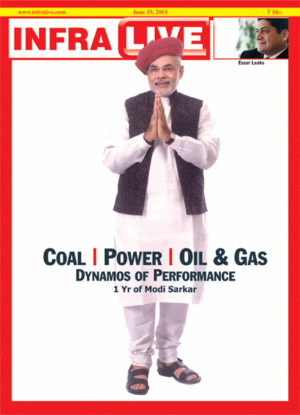Ageing and outlived coal units ruinous to health and environment need to go. Overall in the country, 165 units of coal-based plants account for 36,540 MW of power and are in the age bracket of 25 to 56 years. A thermal plant has an efficient life of 25 years and thereafter inefficiencies set in in terms of guzzling more coal and increasingly spewing pollutants and an array of noxious emissions.
Therefore, thermal plants are routinely retired by the central and state governments. However, the pace of such cessation was kept slow as adequate equivalent capacities were slow to catch up. But this is not the case anymore as there is sufficient capacity in the distribution grid to meet demand. Despite this, the slow pace method continued resulting in a backlog of overaged plants. The cover story presents compactly the statistics, the policy and plan structure, envisioned targets, the matrix of government bodies involved in this process and the findings of important reports.
A major cause of worry has been the dithering manner of compliance by thermal gencos in taking steps for reducing Green House Gases (GHG). These norms were notified by ministry of environment, forest & climate change (MoEFCC) for the coal & lignite based thermal power plants in December 2015 and are in consonance with government’s international commitment to bring down carbon footprint. The norms were to be complied with within two years but have been pushed down the road repeatedly with extensions.
This has happened despite policy support from the government on the cost of upgradation to meet green norms, its impact on tariff and merit-order-dispatch of gencos. Extremely light penalties were levied by the Central Pollution Control Board (CPCB) for polluting units around 300 kms radius of Delhi in 2020-21. Then came the pandemic of Covid-19. Import bans from China was also used by gencos as a pretext for justifying delays in upgradation. MoEFCC gave in to their demands and through notification on March 31, 2021, extended compliance schedule by two to five years.
Various studies have made it clear that old and polluting units are a major source of poor AQI. Our data-analysis during May 2021, when Delhi was under lockdown also validates this.




